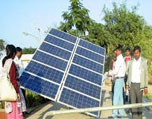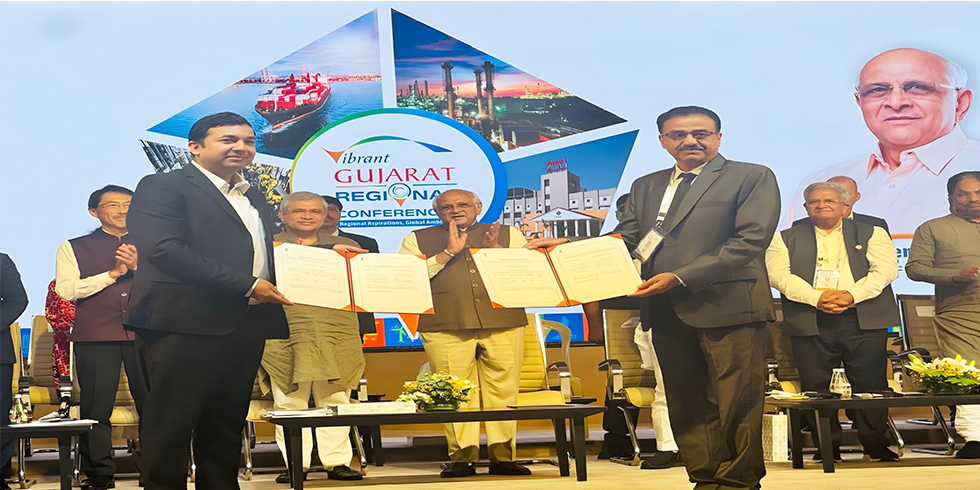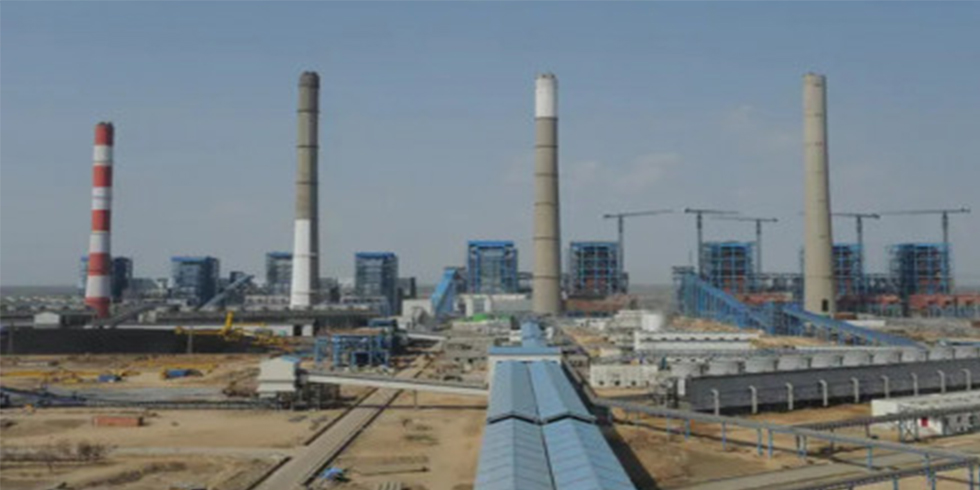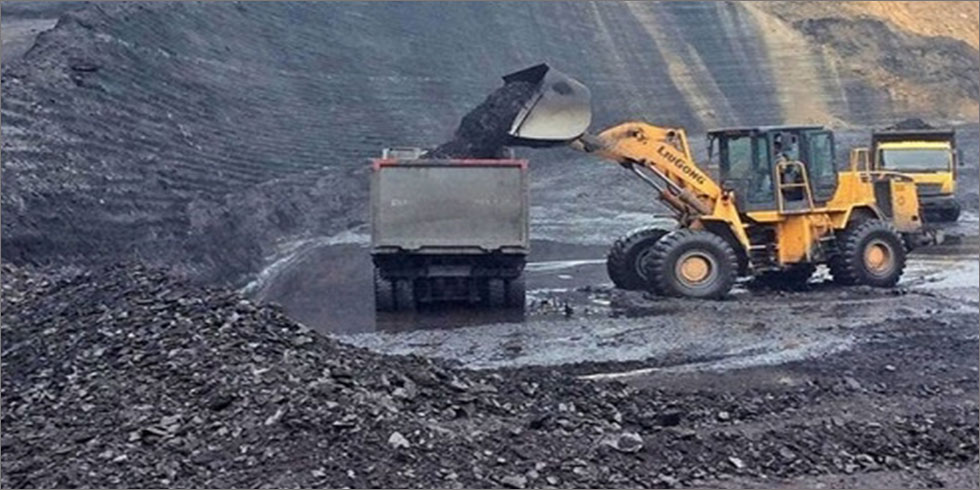To encourage consumption of clean and renewable energy in the national capital, Delhi’s AAP government is planning to promote the usage of energy from such sources and will urge citizens to install “net meters” at their residence places and business enterprises.
A senior government official said the government wants to encourage use of renewable energy sources like solar power, which is aimed at minimizing dependence on conventional power sources like coal. “The administration is planning to promote clean energy initiatives and fund research in the area. Delhi has a massive potential to produce power from alternative sources, and we are keen on tapping that potential.”
A report by Greenpeace India and Bridge to India had stated that Delhi has the potential to generate 2,557 MW of solar power using only 1.6 per cent of the city’s roof space.
To promote renewable energy, DERC had recently come out with its roof-top solar “net metering” policy and has claimed to have received 500 queries and more than 50 applications in this regard. Its has formed centralised teams to process all the applications and ensure proper installation of the meters, etc. “Conclaves are also being organised to educate customers about the net metering policy and its beneficial impact on their electricity bill,” an official said. As per the concept, consumers can sell the surplus power produced to BSES at rates approved by DERC.
Last week, the power major BSES also embarked on a drive to promote “net metering” in the national capital as a part of which six roof-top solar panels, with a capacity to produce 88 kW, were installed across the city. In South Delhi, five net metering installations of 66 kW were energised, whereas another installation of 20 kW was activated at an East Delhi school.
The city has a renewable purchase obligation (RPO) of 0.2 per cent for 2013-14 — it has to meet 0.2 per cent of the demand through renewable energy. By 2016-17, the RPO will touch 0.35 per cent. The official said that with power distribution utilities selling about 25 million kW in 2013-14, there is a need for 50,000 kW of solar energy, necessitating 35.5 MW of installed capacity.
Also, with the summer already set in and power demand set to rise sharply, the official said the affordability of solar technology and high rates of coal and diesel-generated power revived the possibility of the administration thinking about encouraging renewable energy.
The Arvind Kejriwal government has already formulated a special task group under the Delhi Dialogue Commission that would be focusing on waste management and sanitation and one more on affordable and clean energy.
The previous Congress government had conceptualised a project to promote rooftop solar power in 2011 but it was shelved as the power produced would have been expensive compared to that generated through conventional sources. “Setting up solar roof-top panels on houses is complex and needs fiscal support. But the high tariff of grid electricity and cheaper solar installations make it a potential and sustainable energy source.”
Delhi has an installed capacity of 2.5 MW, while it has a total area of 1,483 sq. km with 700 sq. km of built-up space. Only 31 sq. km is available for rooftop projects with a potential for generating 2,557 MW solar power.
Delhi government plans big push to green energy











Add Comment